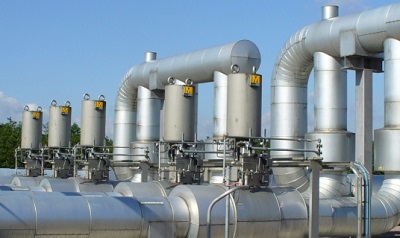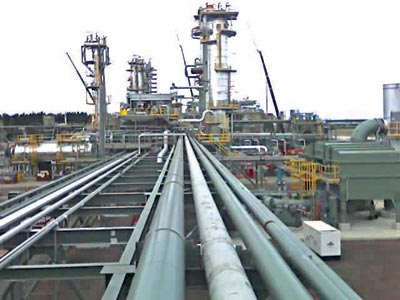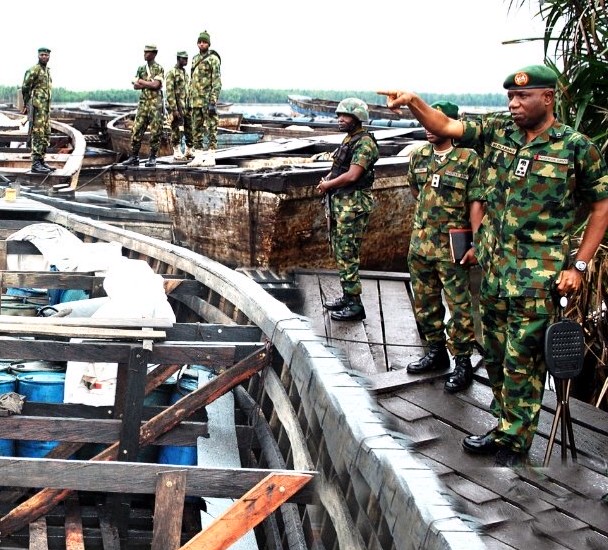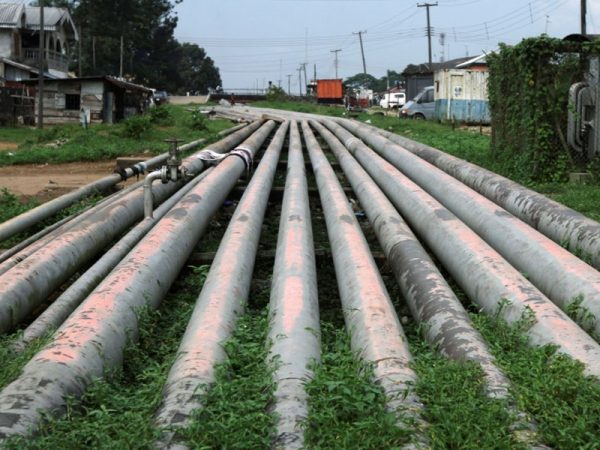FG seeks $5.2bn from World Bank for electricity
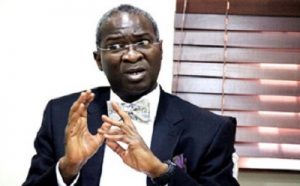
The Federal Government is seeking $5.2bn from the World Bank to expand electricity generation and help the economy recover from its first contraction in 25 years.
The bank’s private-sector lending arm, the International Finance Corporation, may invest about $1.3bn in power projects and electricity distribution companies in the country, according to a report by Bloomberg.
The World Bank’s political-risk insurer, the Multilateral Investment Guarantee Agency, could provide equity and debt of $1.4bn for gas and solar power programmes, according to the Minister Power, Works and Housing, Babatunde Fashola.
That’s in addition to loans of $2.5bn that Nigeria is seeking from the lender to help improve the distribution of power, expand transmission capacity and increase access to electricity in rural areas, Fashola, said.
“Disbursements with the World Bank are being worked out to start from around June or July this year,” Fashola said in an interview with Bloomberg on May 4.
Nigeria is asking the lender to bring forward the timetables “because next year we want to see results,” he added.
Africa’s most populous nation produces about 4,000 megawatts of power compared with an average peak generation of about 35,000 megawatts in South Africa, with a population that’s less than a third of the size of Nigeria’s 180 million people.
Power generation and distribution companies are facing cash flow difficulties, partly because of foreign exchange losses, outages due to technical faults and the theft of electricity by some users, according to Fashola.
In 2016, power distributors paid only 27 per cent of the N331bn that the generating companies invoiced, according to the National Bureau of Statistics.



